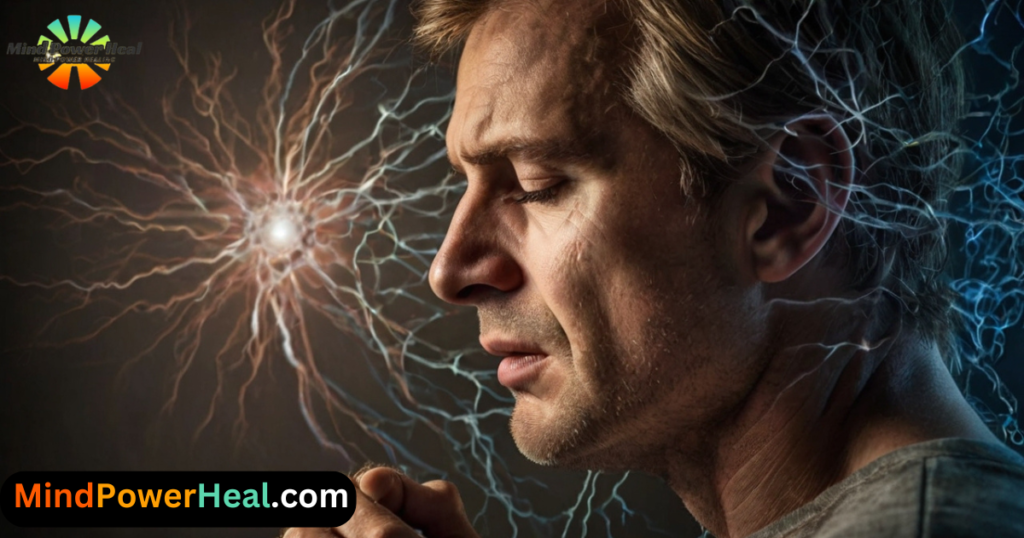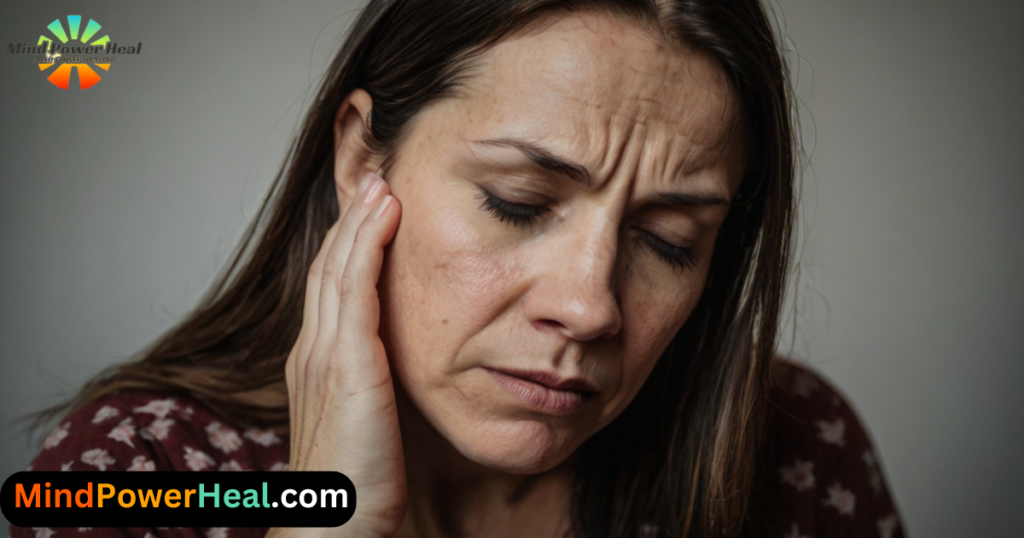Manic depression, also known as bipolar disorder, is characterized by extreme mood swings that include both manic and depressive episodes. A significant yet often overlooked aspect of manic depression is the presence of anger. Understanding manic depression symptoms anger, is crucial for effective management and improved quality of life. Additionally, exploring the impact of mind power healing can offer alternative approaches to managing these symptoms, focusing on mental and emotional well-being.

Understanding Manic Depression Symptoms Anger
Anger in manic depression can be intense and unpredictable, manifesting differently during manic and depressive phases. Recognizing these symptoms can help in seeking appropriate treatment and support.
Anger During Manic Episodes
Irritability:
Heightened irritability is common during manic episodes, with minor annoyances leading to significant anger.
Aggression:
Increased aggression, often resulting in confrontational behavior and conflicts.
Impulsivity:
Acting on anger impulsively, without considering the consequences, such as making rash decisions or engaging in risky behaviors.
Anger During Depressive Episodes
Frustration:
Persistent feelings of frustration and dissatisfaction, often leading to angry outbursts.
Self-Directed Anger:
Anger turned inward, leading to negative self-talk and self-destructive behaviors.
Withdrawal:
Isolating oneself due to feelings of anger or to avoid conflicts, exacerbating depressive symptoms.
Physical Symptoms of Anger
Tension:
Muscle tension, headaches, or other stress-related physical symptoms.
Fatigue:
Physical exhaustion from prolonged periods of anger and frustration.
Restlessness:
Inability to relax or stay calm, constantly feeling on edge.

The Impact of Mind Power Healing on Manic Depression Symptoms Anger
Mind power healing offers a holistic approach to managing anger associated with manic depression by leveraging the mind’s capabilities to promote mental and emotional well-being.
Mindfulness and Meditation
Mindfulness Meditation:
Practicing mindfulness helps individuals become aware of their anger triggers and manage their responses more effectively. It promotes a calm and balanced state of mind.
Guided Meditation:
Using guided imagery to visualize peaceful scenarios can reduce anger and increase feelings of relaxation.
Cognitive Behavioral Techniques
Cognitive Restructuring:
Identifying and challenging negative thoughts that fuel anger. Reframing these thoughts can lead to healthier emotional responses.
Behavioral Activation:
Engaging in positive activities to improve mood and reduce feelings of anger.
Breathing Exercises
Deep Breathing:
Practicing deep, slow breathing techniques to calm the nervous system and reduce the physical symptoms of anger.
Diaphragmatic Breathing:
Focusing on breathing deeply from the diaphragm to promote relaxation and decrease stress levels.

Positive Affirmations and Visualization
Affirmations:
Repeating positive statements to oneself can help shift the mindset from anger to positivity.
Visualization:
Imagining oneself handling anger in a calm and constructive manner can increase confidence and reduce the likelihood of angry outbursts.
Conclusion
Understanding manic depression symptoms anger, is essential for effective management and improved quality of life. Anger can manifest differently during manic and depressive episodes, significantly impacting daily functioning and relationships. Mind power healing offers a complementary approach to traditional treatments by leveraging mindfulness, cognitive behavioral techniques, breathing exercises, and positive affirmations to promote emotional balance and well-being. By combining these strategies, individuals can better manage their anger and achieve a more stable and fulfilling life.
Frequently Asked Questions
1. What are the common manic depression symptoms including anger?
- Common symptoms include irritability, aggression, impulsivity during manic episodes, frustration, self-directed anger, and withdrawal during depressive episodes, along with physical symptoms like tension, fatigue, and restlessness.
2. How can mind power healing help manage anger in manic depression?
- Mind power healing techniques like mindfulness, meditation, cognitive restructuring, deep breathing, and positive affirmations can help reduce anger and promote emotional balance.
3. Can anger in manic depression be controlled without medication?
- While medication is often necessary, incorporating mind power healing techniques can complement traditional treatments and help manage anger more effectively.
4. How does cognitive restructuring work in managing anger?
- Cognitive restructuring involves identifying negative thought patterns that trigger anger and reframing them into more positive and constructive thoughts.
5. What role does mindfulness play in managing anger in manic depression?
- Mindfulness helps individuals become aware of their anger triggers, allowing them to respond more calmly and avoid reactive outbursts.



